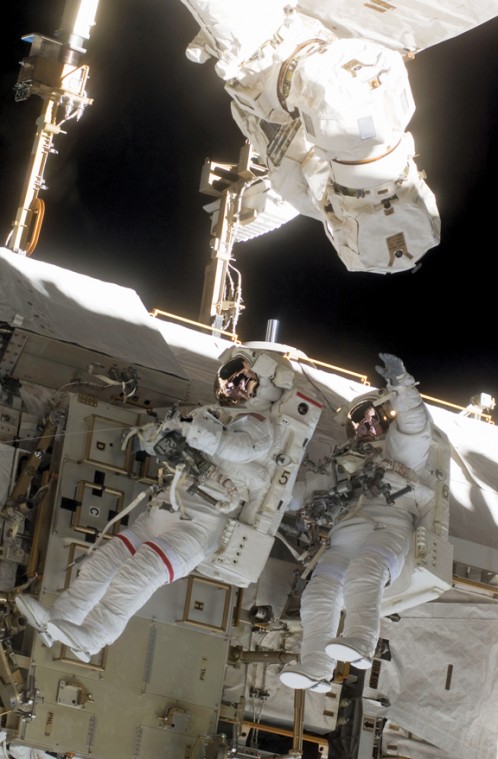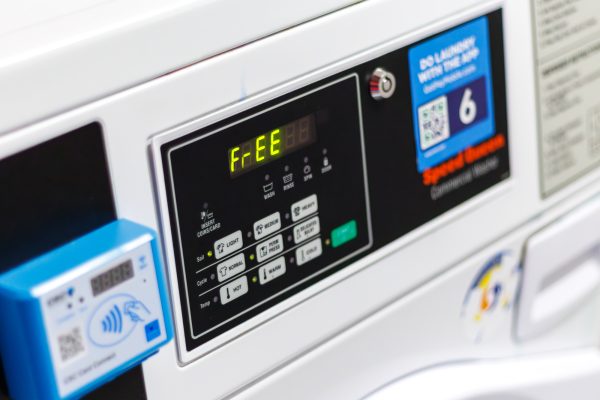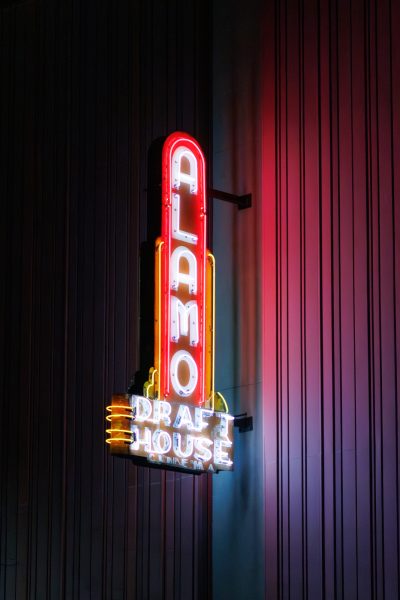American astronauts riding with Russians to space
Almost 19 years after the Soviet Union collapsed, the United States’ rival in the space race will take an additional victory, at least symbolically.
Within the next year, NASA will retire the space shuttle, causing the United States to depend on the Russian Soyuz spacecraft to ferry U.S. astronauts to the international space station for at least five years. President Obama also scrapped the Constellation Program, the shuttle’s replacement, adding further reliance on the Russians.
The Cold War may have ended with the Soviet Union, but relying on its successor for space travel is a risky endeavor that would give the Russian Federation influence over both the U.S. space program and foreign affairs.
The biggest barrier between relations with the United States and Russia is the Russian Federation’s desire to maintain a sphere of influence in the areas once under Soviet control. However, the United States has an increased presence in the same areas in recent years.
Despite the recent agreement regarding nuclear proliferation between President Obama and Russian President Dmitri Medvedev, the United States and Russia historically take opposing sides in international affairs.
The most recent examples of tension are the United States’ attempts to build a nuclear shield in Poland and the Czech Republic, both former Soviet satellites, and the United States supporting Georgia in the 2008 war with Russia.
The current leadership in Moscow will see that Russia maintains power on the world stage. Moscow isn’t lending the United States its space craft out of the goodness of its heart. Russia could use the United States’ reliance on the Soyuz craft as a bargaining tool in future conflicts. In addition, the United States will have to pay Russia at least $50 million per spot in order for the astronauts to ride on the Soyuz with their cosmonaut comrades.
The United States’ reliance on the Soyuz spacecraft is also a concern of former astronauts. In a letter obtained by NBC News, Neil Armstrong, the first man on the moon, expressed concern about the recent decision to cancel the constellation program, which James Lovell, commander of the Apollo 13, and Eugene Cernan, commander of the Apollo 17 mission, signed.
“For the United States, the leading space faring nation for nearly half a century, to be without carriage to low Earth orbit and with no human exploration capability to go beyond Earth orbit for an indeterminate time into the future, destines our nation to become one of second or even third rate stature,” Armstrong said in the letter.
The Constellation Program sought, in addition to replacing the current space shuttle, to return man to the moon and possibly explore Mars. On April 15, Obama gave a speech at the Kennedy Space Center that predicted a U.S. manned spacecraft orbiting space around 2030.
Although Obama made the right decision by focusing on Mars exploration instead of returning to the moon, he needs to rethink the United States’ method of space transportation for the next five years.
Medvedev would most likely make the best decision for his country’s interests by using the United States’ reliance on the Soyuz craft in Russia’s favor. Obama should make the best decision for his country and deny this opportunity to Medvedev.






